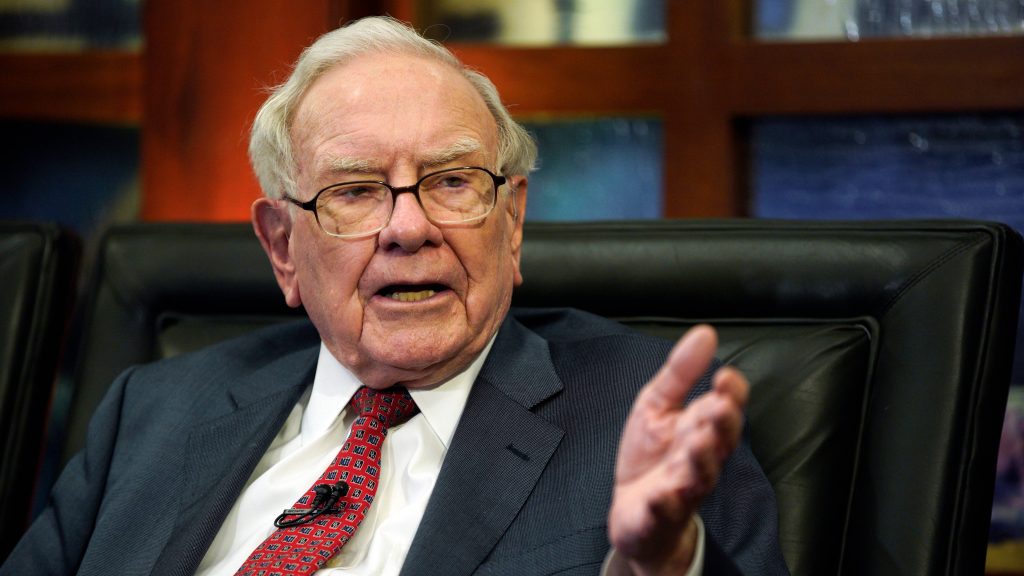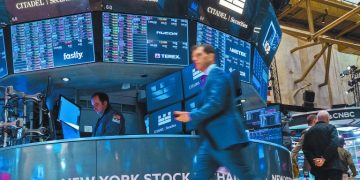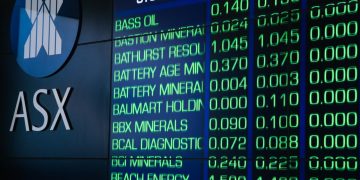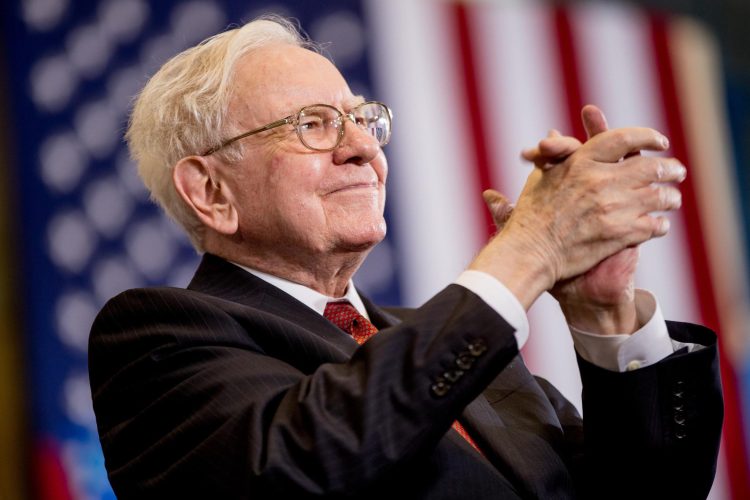Buffett’s Unprecedented Moves in the Stock Market
In the realm of investment, there are moments that send shockwaves through the market, and Buffett’s recent actions are no exception. His decisions have the potential to reshape the perception of the current market conditions.
The Massive Sell – off of Apple Stocks
A Dramatic Reduction: “Be fearful when others are greedy and be greedy when others are fearful.” Berkshire Hathaway made a significant move in the third quarter by selling approximately 100 million shares of Apple stock. This reduction is not an isolated event. After reducing nearly 50% in the second quarter, Berkshire Hathaway further decreased its Apple holdings by 25% in the third quarter. With 100 million shares sold, it now holds only 300 million shares. Since the beginning of the year, the number of Apple shares held by Berkshire Hathaway has dropped drastically from 905 million to 300 million, a staggering 67% decrease. Although Apple remains its largest holding, the market value of the holding has plummeted from $174.3 billion at the beginning of the year to $69.9 billion.
Beyond Apple: A Widespread Sell – off Trend
Expanding the Sell – off: Buffett’s “sell – off offensive” extends far beyond Apple. In the third quarter, Berkshire Hathaway was a net seller of stocks worth $34.6 billion, marking the eighth consecutive quarter of net stock sales. Among these, its holding in Bank of America was also cut by 23% to 799 million shares. What’s even more remarkable is that, for the first time since 2018, the company has suspended the repurchase of its own shares this quarter.
The Soaring Cash Reserves and Implications
Cash Piling Up: As a result of the continuous sell – off, Berkshire Hathaway’s cash reserves have soared to a record high of $325.2 billion, a significant increase from the $168 billion reserve at the beginning of the year. In sharp contrast to the call to “buy US stocks” during the 2008 financial crisis, the 94 – year – old “Oracle of Omaha” seems to be indicating, through his actions, concerns about the current US stock market.
The Reasons Behind the Sell – off
Tax Concerns and More: Although Buffett attributed part of the reduction in May this year to concerns about a possible increase in the capital gains tax rate, the large – scale cash – out operation, combined with the sharp decline in interest in the overall market, including its own stocks, may suggest that the investment guru’s cautious attitude towards US stocks is intensifying.
The Apple Stock Sell – off in Detail
A Huge Drop in Holdings: According to Berkshire Hathaway’s latest third – quarter financial report, the company sold approximately 100 million shares of Apple stock in the quarter, reducing its holding to 300 million shares. In terms of the number of shares held, since the beginning of 2024, Berkshire Hathaway has significantly reduced its holdings from 905 million shares to 300 million shares, a decrease of as much as 67%.
The Decline in Market Value: From a market value perspective, as of September 30, the company holds only $69.9 billion worth of Apple stock, down from $84.2 billion on June 30 and 62% lower than the $135.4 billion on March 31. Compared to $174.3 billion on December 31, 2023, it has dropped by 70%. It’s worth noting that most of these Apple stocks were purchased between 2016 and 2018 at an average price of $35. As of last Friday’s closing, Apple’s stock price was $222.91. Berkshire Hathaway stated that the company’s realized investment income in the first three quarters of 2024 was $76.5 billion, with most of it related to Apple.
Holding Cash and Suspending Repurchase
Wider Sell – off Impact: Berkshire Hathaway’s sell – off offensive is not limited to Apple. The financial report shows that in the third quarter, the company was a net seller of stocks worth $34.6 billion, marking the eighth consecutive quarter of being a net seller.
Reduction in Bank of America Holdings: During the same period, the company’s holding in Bank of America was also reduced from 1.033 billion shares to 799 million shares, a 23% decrease. As a result, Bank of America’s stock dropped from the second – largest holding to the third, surpassed by American Express (with a market value of approximately $42 billion). In contrast, the company’s holdings in American Express, Coca – Cola, and Chevron remained relatively stable.
Suspending Share Repurchase: More notably, in the third quarter, Berkshire Hathaway, for the first time since changing its repurchase policy in 2018, suspended the repurchase plan of its own shares. This move seems to suggest that even for its own shares, Buffett believes that the current price is not attractive.
The Record – high Cash Reserves: Under the continuous reduction of holdings, Berkshire Hathaway’s cash reserves have reached a record high. By the end of the third quarter, the company’s cash reserves soared to $325.2 billion, a significant increase from the $168 billion at the beginning of the year.

The Broader Market Context
Caution Amid Market Conditions: Although Buffett attributed part of the reduction in May’s shareholders’ meeting to concerns about a possible increase in the capital gains tax rate by the US government, such a large – scale “liquidation – style” operation seems to suggest more of his cautious attitude towards the current market valuation.
Business Performance Analysis: In the third quarter, Berkshire Hathaway achieved an operating profit of $10.09 billion, a 6% decrease from $10.76 billion in the same period last year. The profit decline was mainly affected by the significant drop in underwriting income in the insurance business and an $1.1 billion exchange loss. Specifically, the underwriting profit of the insurance business decreased by 69% year – on – year, partly due to a $565 million loss caused by Hurricane Helen and a court settlement related to a bankrupt talc supplier. However, GEICO, its auto insurance subsidiary, performed well, with its underwriting profit doubling. The profitability of the railroad transportation and energy businesses also improved.
Buffett’s Stance and Market Evaluation: It’s worth noting that the 94 – year – old “Oracle of Omaha” stated in May this year that he is not in a hurry to make a move unless he can find investment opportunities with extremely low risk and attractive returns. His statement forms a sharp contrast to his position of calling to “buy US stocks” during the 2008 financial crisis. It’s also worth mentioning that, if the Buffett Indicator (the ratio of total stock market value to GDP) is used as a measurement standard, the current US stock market is indeed not cheap.





































